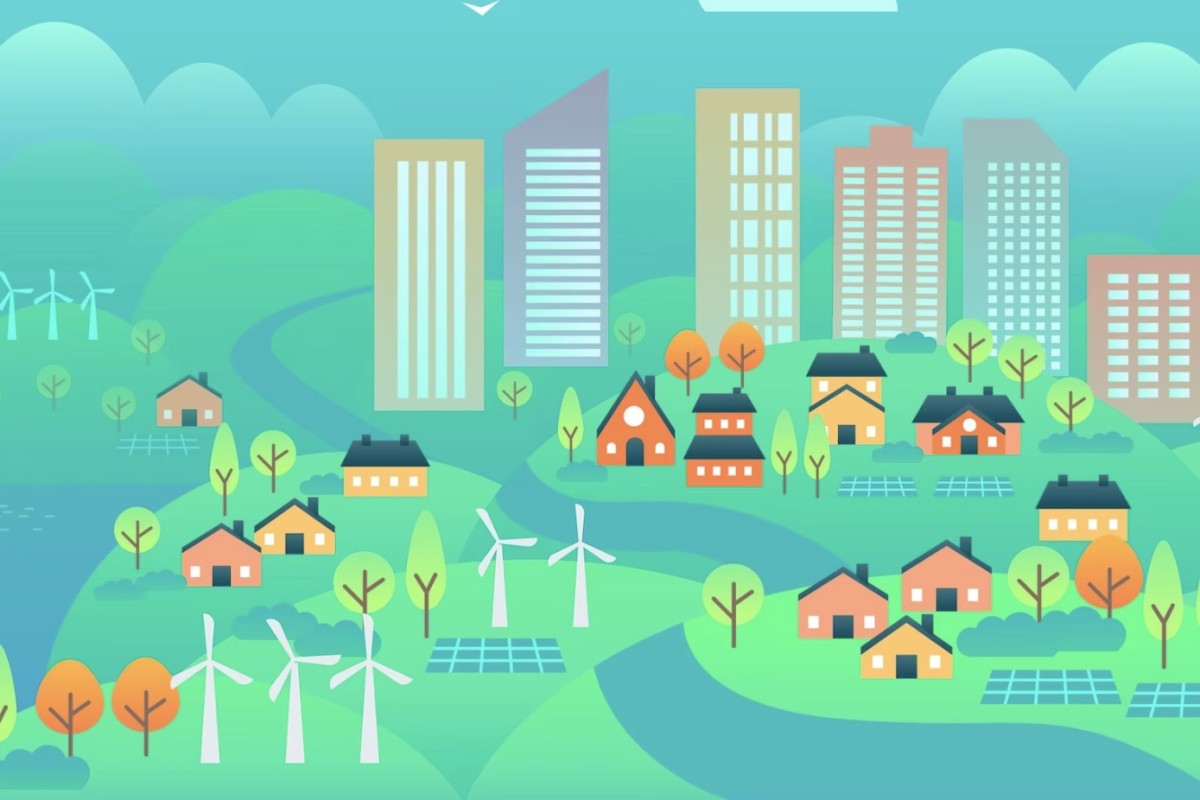
BAGUIO CITY (PIA) -- More local government units signified their interest in the Department of Science and Technology's (DOST) Smart and Sustainable Cities and Communities Program.
DOST Undersecretary for Regional Operations Sancho Mabborang, in a Kapihan here on May 17, said that the directive of DOST Secretary Renato Solidum is to start with 80 smart communities and cities all over the country or to have at least one smart community per province.
To date, more than 80 LGUs have already signified their interest to adapt and transform their operations, policies and governance into being smart, Mabborang said.
"We have a lot of technologies that they can use, a lot of technologies that we can offer so that their communities can become smart and sustainable," he added.
Mabborang clarified that the DOST's smart initiatives would not be 'too ambitious' and they will start on the ground focusing on two major initiatives namely technical requirements or technical needs of the community, and policy and governance.
We will not be too ambitious, we will start on the ground, see what is the problem, and then gradually address these problems using 'superior' technologies, and we will link with LGUs so that they can use technologies available already, he said.
The DOST is partnering with the Department of Information and Communications Technology, Department of the Interior and Local Government, and private sector for the said program.
Solidum underscored that "a smart community need not be a very highly sophisticated community but it adapts smart technologies, practices in its operation". He added that this will "depend on what the needs and the aspirations of the community will be." He said they will formulate certain number of indicators for the smart communities.
The Secretary further said that with the implementation of the Mandanas ruling, the LGUs can fund for the implementation of said program, and it can be done through partnerships among national, local, industry and civil society organizations.
"Even all towns can vie to be smart but what we need is to guide them with all the scientists in the Philippines especially at the regional and local level," Solidum said.
The DOST aligns its priorities in support of the agenda set by the current administration to contribute not only to countryside development but to national growth. (JDP/DEG-PIA CAR)




